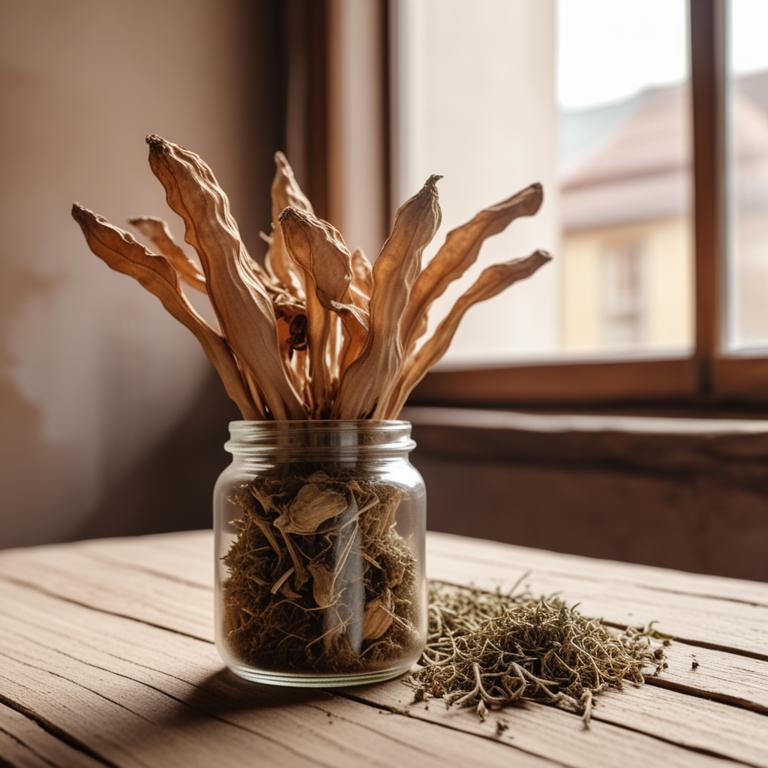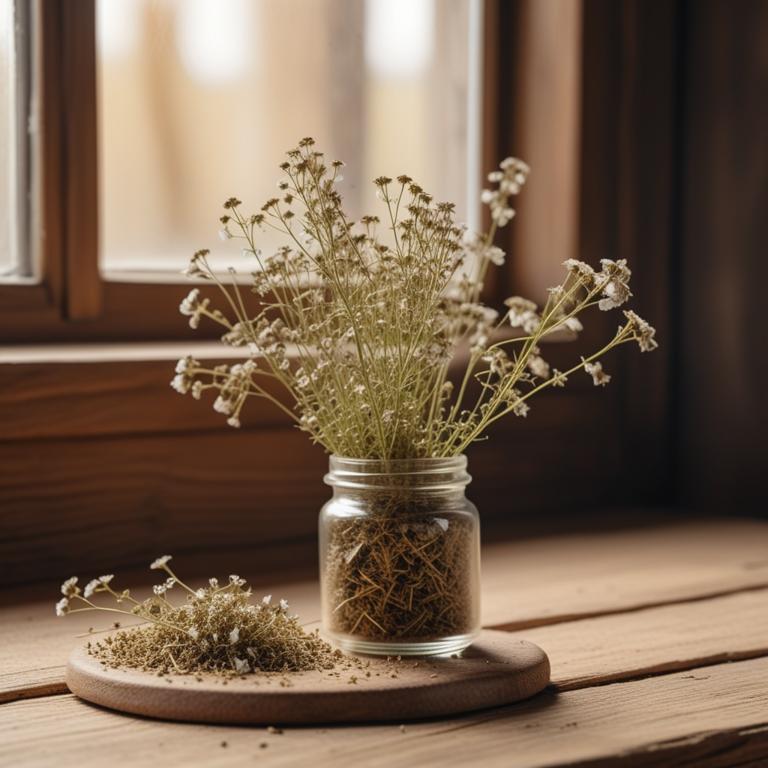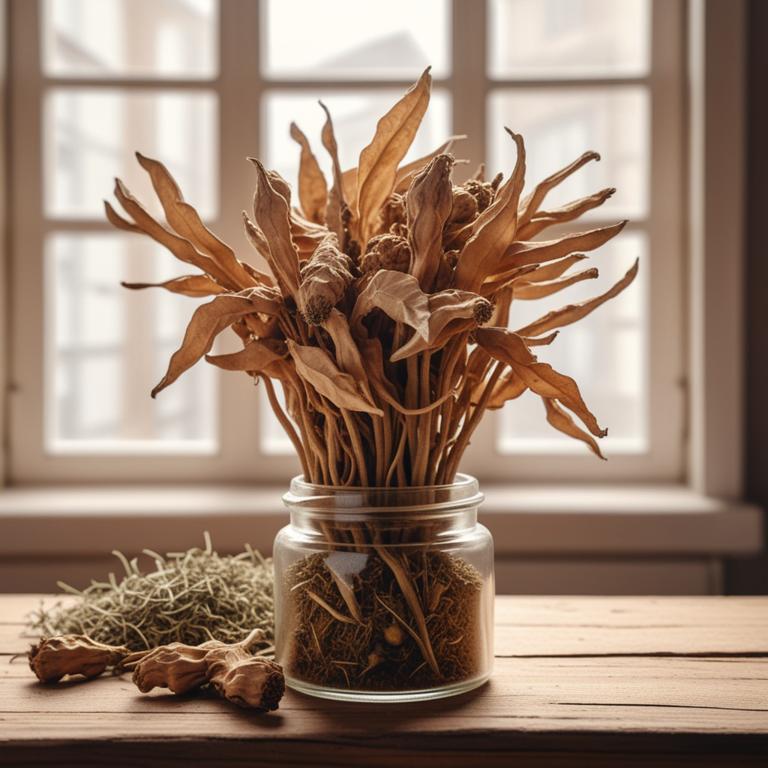Updated: Dec 1, 2024
The Causes of Grief: Finding Relief with Medicinal Herbs
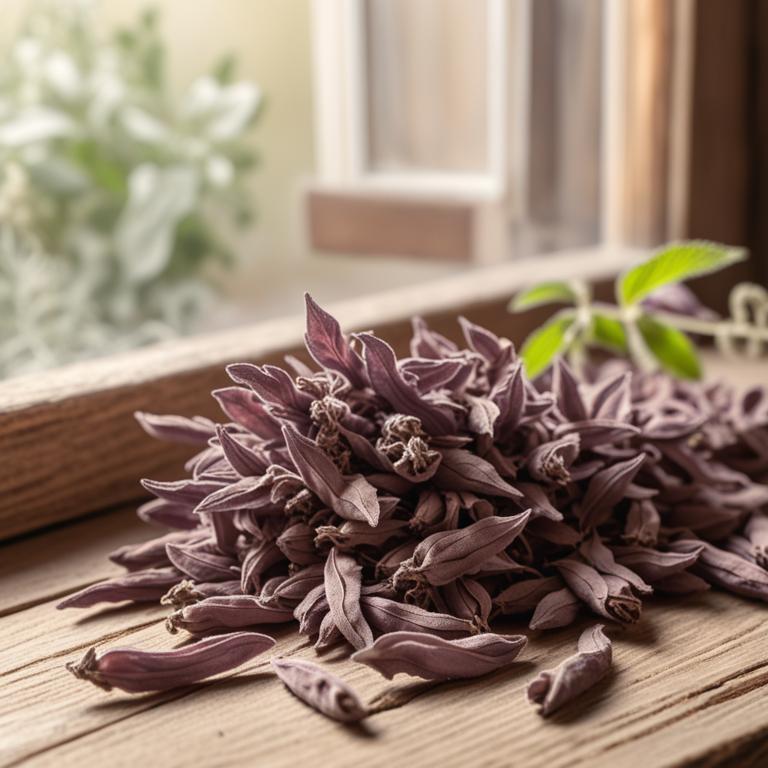
Grief is a natural and powerful emotional response to loss.
It can affect every area of your life, making it hard to sleep, eat, or even get out of bed. The causes of grief can vary, from the loss of a loved one, a pet, or even a significant change in life, like a divorce or a move. When we experience grief, our body and mind can feel overwhelmed, leading to feelings of sadness, anger, and emptiness. Herbal remedies can be a gentle and natural way to support the grieving process. Herbs like ashwagandha, lavender, and chamomile have been used for centuries to calm the mind and soothe the emotions.
These herbs can help reduce anxiety and promote relaxation, making it easier to cope with the pain of grief. Ashwagandha, in particular, is known for its adaptogenic properties, which can help the body and mind adjust to the stress of grief. To use these herbs, you can try drinking teas made from dried flowers and roots. Lavender tea, for example, can be made by steeping dried lavender buds in hot water. You can also try taking supplements or tinctures of ashwagandha and chamomile.
These preparations can be found at most health food stores or online.
Table of Contents
What causes people to experience grief?
The main causes of grief are often related to significant life changes or losses that can affect us deeply.
One of the most common causes is the death of a spouse, which can be devastating due to the strong emotional bond and daily reliance on each other. This loss can lead to feelings of loneliness, emptiness, and a sense of purposelessness. Divorce, another cause of grief, can also be extremely painful, especially if the relationship was long-term or had children involved.
The loss of a child, regardless of the child's age, can be one of the most intense and long-lasting types of grief, as it challenges our role as caregivers and parents. The loss of a job can also cause significant grief, especially if it was a source of identity, income, or security. Marital separation can be a difficult and painful experience, especially if it was a result of infidelity, abuse, or other traumatic circumstances.
In each of these situations, the grief is often a result of the loss of a significant relationship, a sense of security, or a role that was deeply ingrained in our lives.
What are the benefits of using herbs to cope with grief?
Using herbs for grief can be a natural and effective way to cope with your emotions.
These plant-based remedies can help calm your mind and body, reducing feelings of anxiety and stress that often come with loss. By promoting relaxation and tranquility, they can help you sleep better, which is essential for healing and processing your grief.
Some herbs have anti-inflammatory properties, which can ease physical pain and discomfort associated with grieving. Others can boost your mood, helping you feel more hopeful and positive about the future. Additionally, certain herbs can enhance your immune system, preventing illnesses that can further complicate your grieving process.
By incorporating these herbs into your daily routine, you can find a sense of calm and balance, allowing you to navigate the challenges of grief with more ease and resilience.
What are the most effective medicinal herbs for coping with grief?
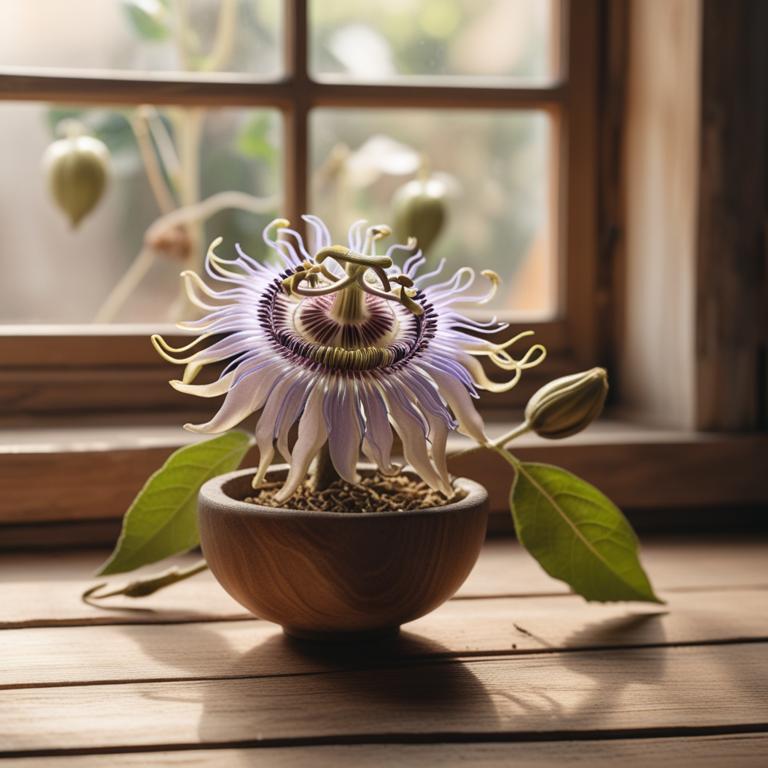
When dealing with grief, herbs can be a helpful addition to your self-care routine.
One herb that can help calm the mind and body is Passiflora incarnata, also known as passionflower. It contains compounds that can reduce anxiety and insomnia, making it easier to sleep and relax. This is especially important during times of grief, when it's common to feel overwhelmed and have trouble resting. Another herb that can be beneficial is Hypericum perforatum, or St. John's Wort. It's traditionally used to help with depression and mood swings, which can occur when someone is grieving. The active compounds in St. John's Wort can also help improve mood and reduce feelings of sadness. Valeriana officinalis, or valerian root, is another herb that can promote relaxation and calmness. It's often used as a natural sleep aid and can help reduce stress and anxiety.
This can be especially helpful when dealing with the emotional ups and downs of grief. Zingiber officinale, or ginger, can also be used to help with grief. It's traditionally used to reduce nausea and inflammation, but it can also help with emotional upset. The active compounds in ginger can help reduce stress and promote a sense of calm, making it easier to cope with difficult emotions. Finally, Lavandula angustifolia, or lavender, is an herb that can promote relaxation and reduce anxiety. It's often used as a calming tea or applied topically as an oil to help reduce stress and promote a good night's sleep. This can be especially helpful when dealing with the emotional ups and downs of grief. It's worth noting that while these herbs can be helpful, they shouldn't replace medical treatment or therapy.
If you're struggling with grief, it's always best to talk to a healthcare professional for guidance and support.
What are the commonly used herbal formulas for grief?
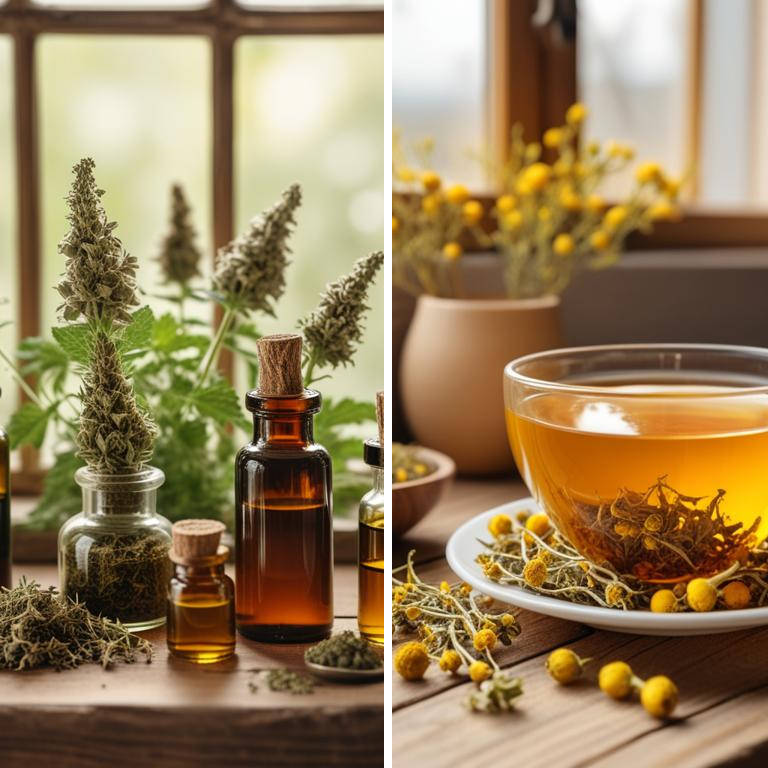
When dealing with grief, herbal preparations can be a helpful way to manage your emotions and find some comfort.
A decoction, which is made by boiling herbs in water, can be a soothing way to release the active ingredients and calm your mind. For example, a decoction of lavender and chamomile can promote relaxation and reduce anxiety. A tincture, which is a concentrated liquid extract of herbs, can be taken in small doses to help you cope with the emotional pain of grief. It can be added to water or taken directly under the tongue, and it can help to reduce stress and promote a sense of calm. An infusion is similar to a decoction, but it's made by steeping herbs in hot water instead of boiling them.
This method is often used for delicate herbs that can be damaged by boiling, and it's a good way to make a tea that's easy to digest. A calming infusion of passionflower and lemon balm can help to reduce anxiety and promote relaxation. A salve, which is a topical cream or ointment, can be applied to your skin to help you cope with physical symptoms of grief, such as tension and stress. For example, a salve made from arnica and calendula can help to reduce inflammation and promote healing. Finally, a tea made from herbs like valerian root and sage can be a comforting way to calm your mind and soothe your emotions.
The ritual of making a cup of tea can be a calming and meditative experience, and the gentle warmth of the tea can help to ease your physical and emotional discomfort.
Additional Resources:
If you're dealing with grief, which herbs should you steer clear of?
If you're going through a difficult time and experiencing grief, it's best to be cautious with certain herbs.
Ginkgo biloba, for instance, can make emotions feel more intense, which might not be what you need when you're already feeling overwhelmed. Catha edulis, also known as khat, can increase anxiety and agitation, making it harder to cope with your emotions.
Ephedra sinica, a plant that's often used to boost energy, can actually heighten feelings of sadness and hopelessness. Cannabis sativa, or marijuana, can have varying effects on people, but it may amplify emotions, including those related to grief. Coffea arabica, or coffee, is not an herb, but it can still interfere with your emotional state, especially if you're not used to its stimulating effects.
When you're grieving, it's essential to be gentle with yourself and avoid substances that might exacerbate your feelings.
FAQ
Are there any specific herbs that can prevent grief?
Some herbs, like St John's Wort and passionflower, have been used to calm the mind and help with emotional healing.
Lavender is also known to soothe and calm the nervous system.
These herbs may help reduce feelings of anxiety and sadness that often come with grief, but their effectiveness can vary from person to person.
Is it safe to use herbal remedies for grief during pregnancy?
If you're pregnant and grieving, it's a good idea to be careful with herbal remedies.
Some herbs, like sage and pennyroyal, might not be safe for you or your baby. Other herbs, like chamomile and lavender, can be calming but should be used in small amounts.
Always read labels and follow instructions.
Are there any herbs that can reduce the frequency of grief?
Some herbs may help reduce the intensity of grief.
For example, St. John's Wort is often used to calm emotions and promote relaxation. Lavender is also known to ease anxiety and promote a sense of calm.
These herbs may help make coping with grief a little easier, but their effect on grief frequency is not fully understood.
Can i combine different herbal remedies for grief?
Combining herbal remedies for grief can be a bit tricky.
If you're considering mixing different herbs, make sure they're not too overpowering or conflicting. For example, if you're using lavender for calmness, you might not want to pair it with peppermint, which can be stimulating.
Start with small amounts and see how your body reacts.
Related Articles
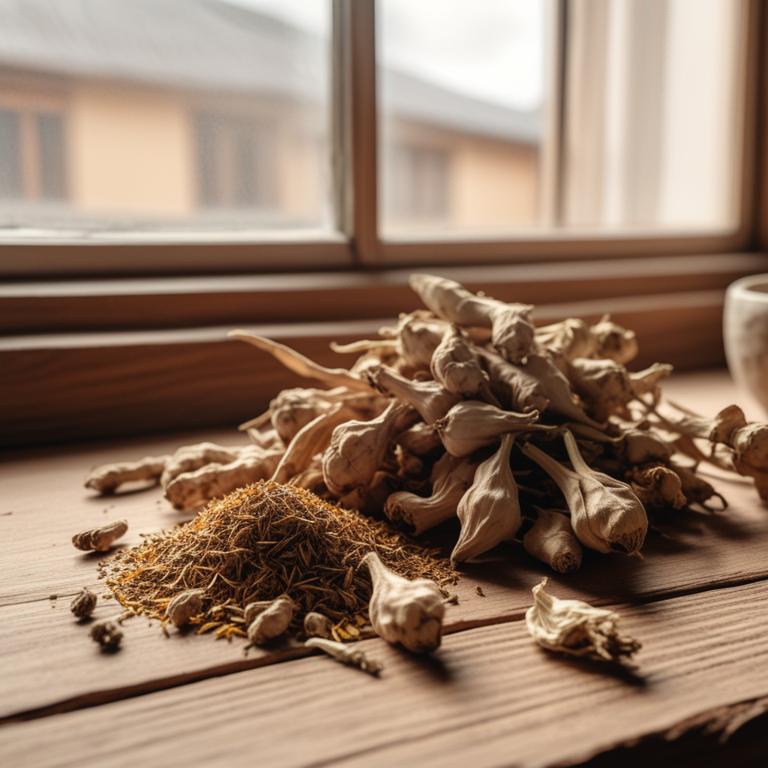
One Side Headache: Causes, Herbal Remedies, and Natural Cures
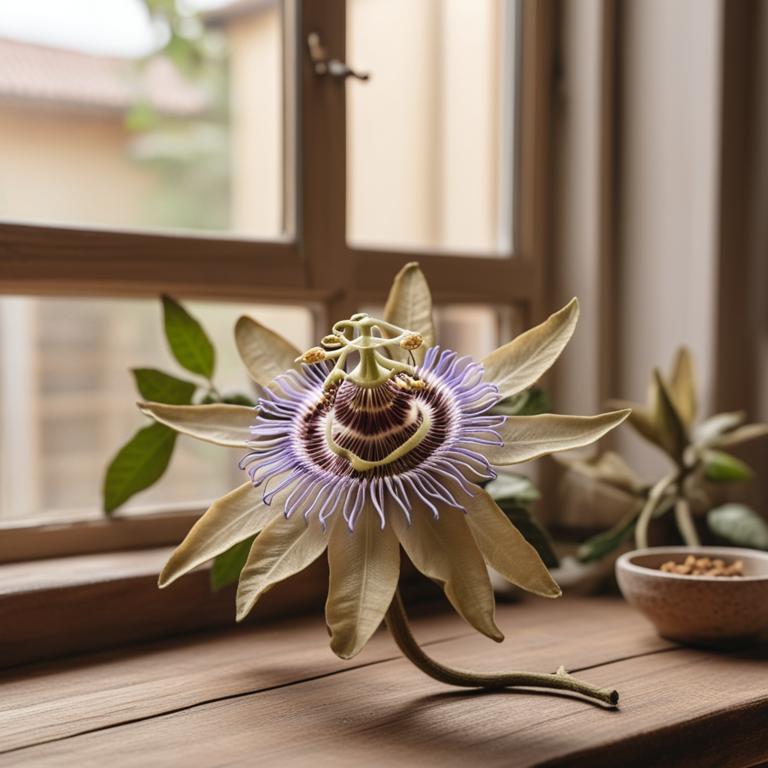
Dizziness: Causes, Symptoms, and Natural Relief with Medicinal Herbs and Preparations
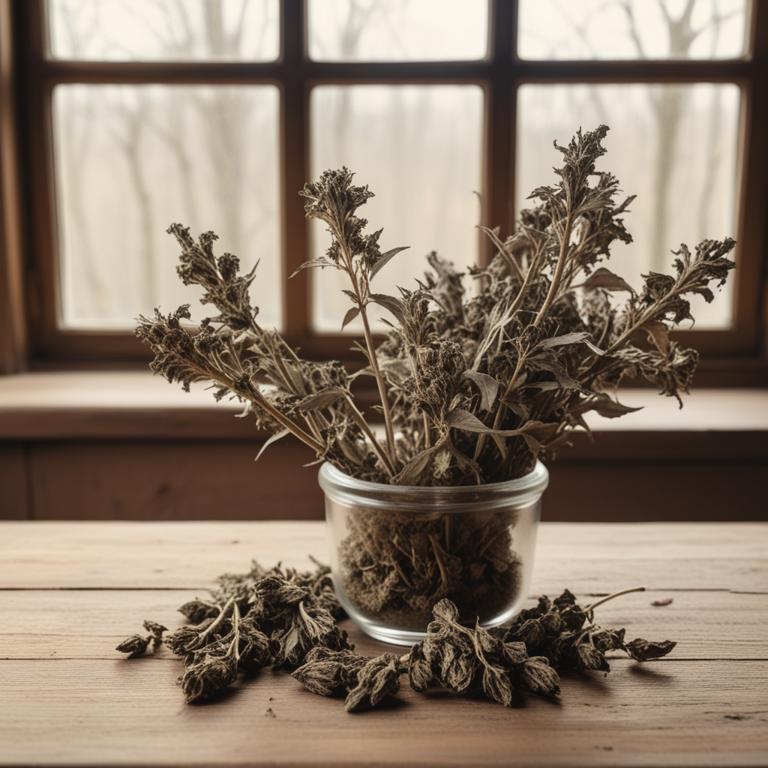
Taste Loss: Causes, Medicinal Herbs, and Herbal Preparations for Prevention
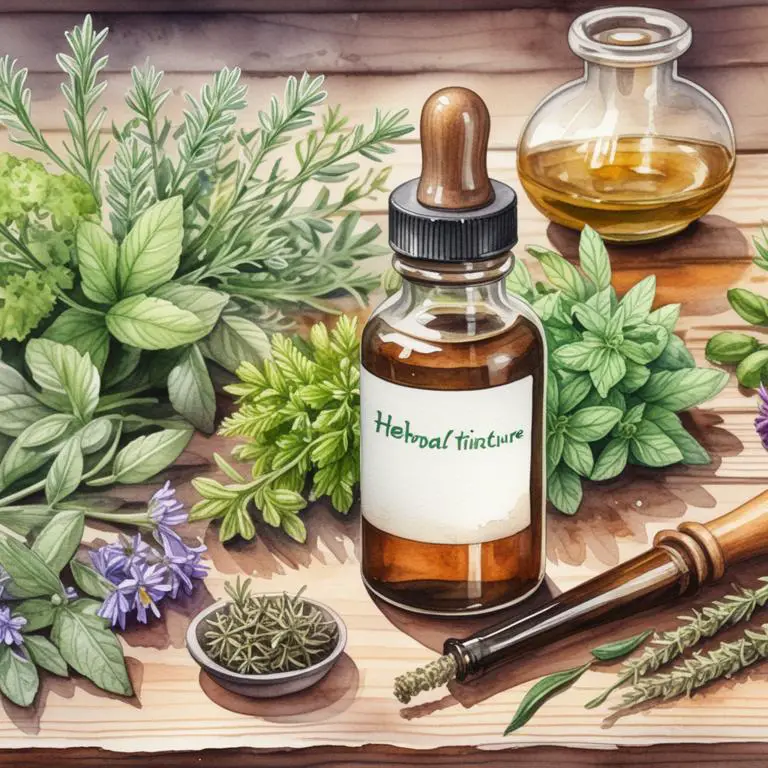
Tinnitus: Understanding the Causes and Natural Remedies
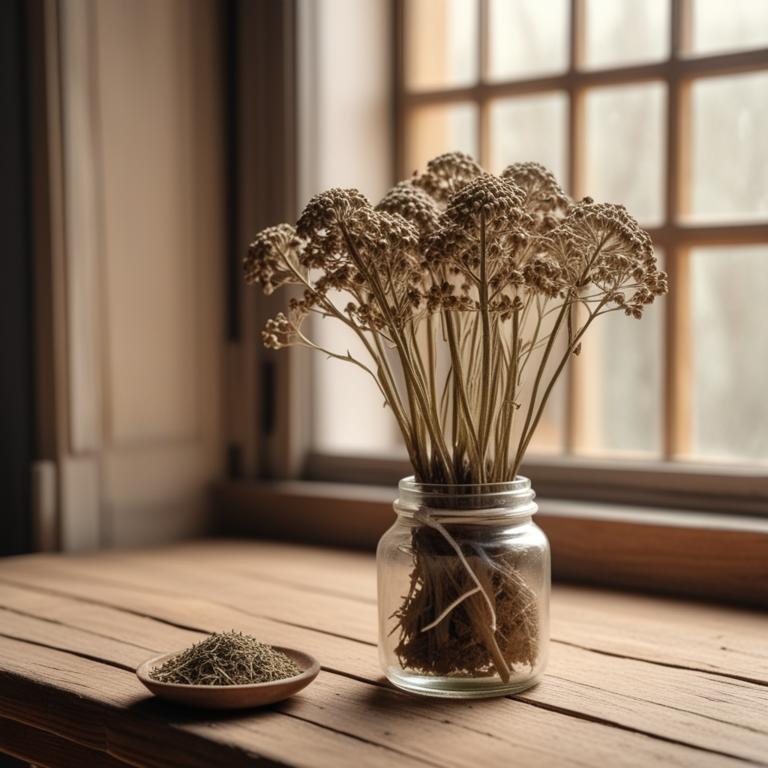
Breaking Down Depression: Causes, Symptoms, and Herbal Remedies
